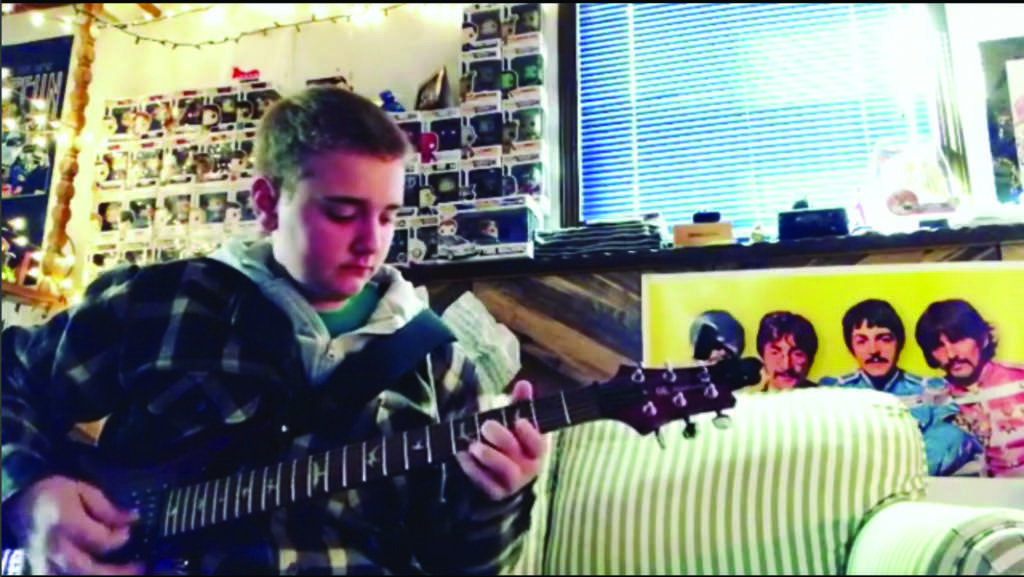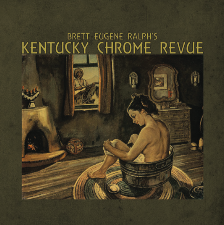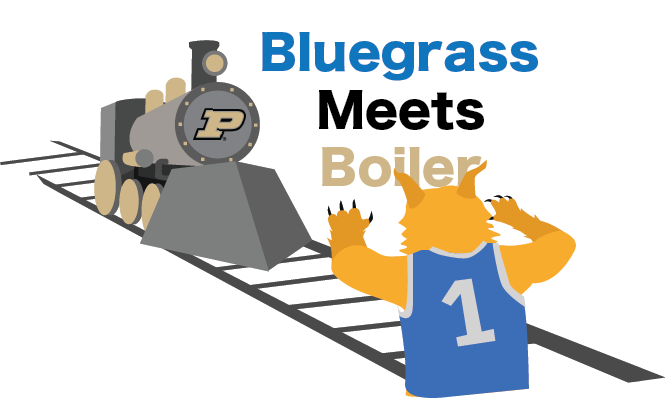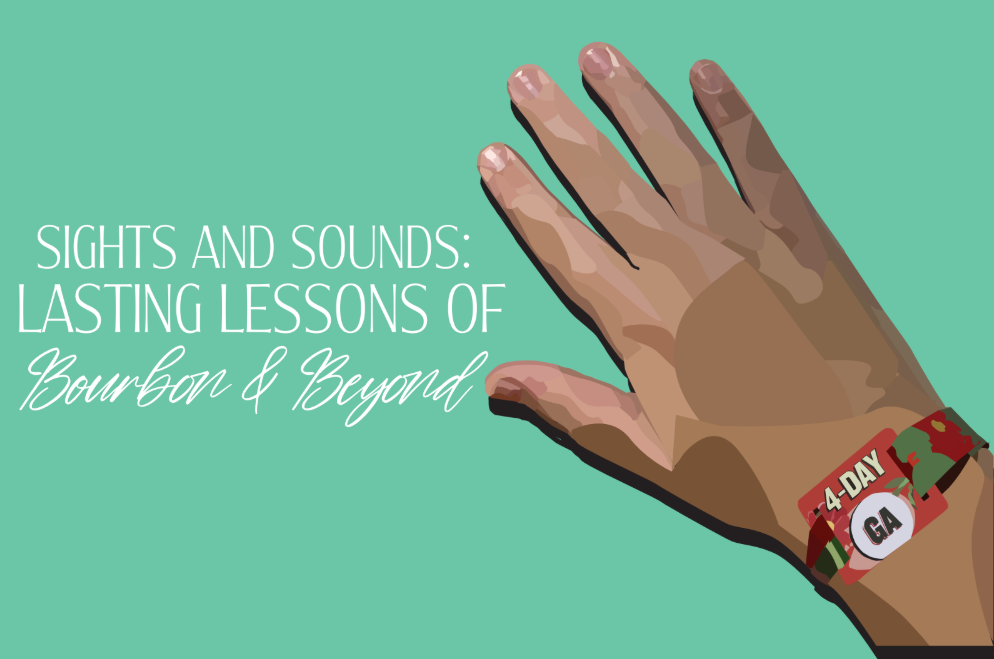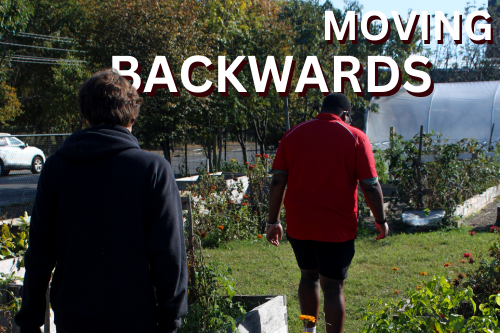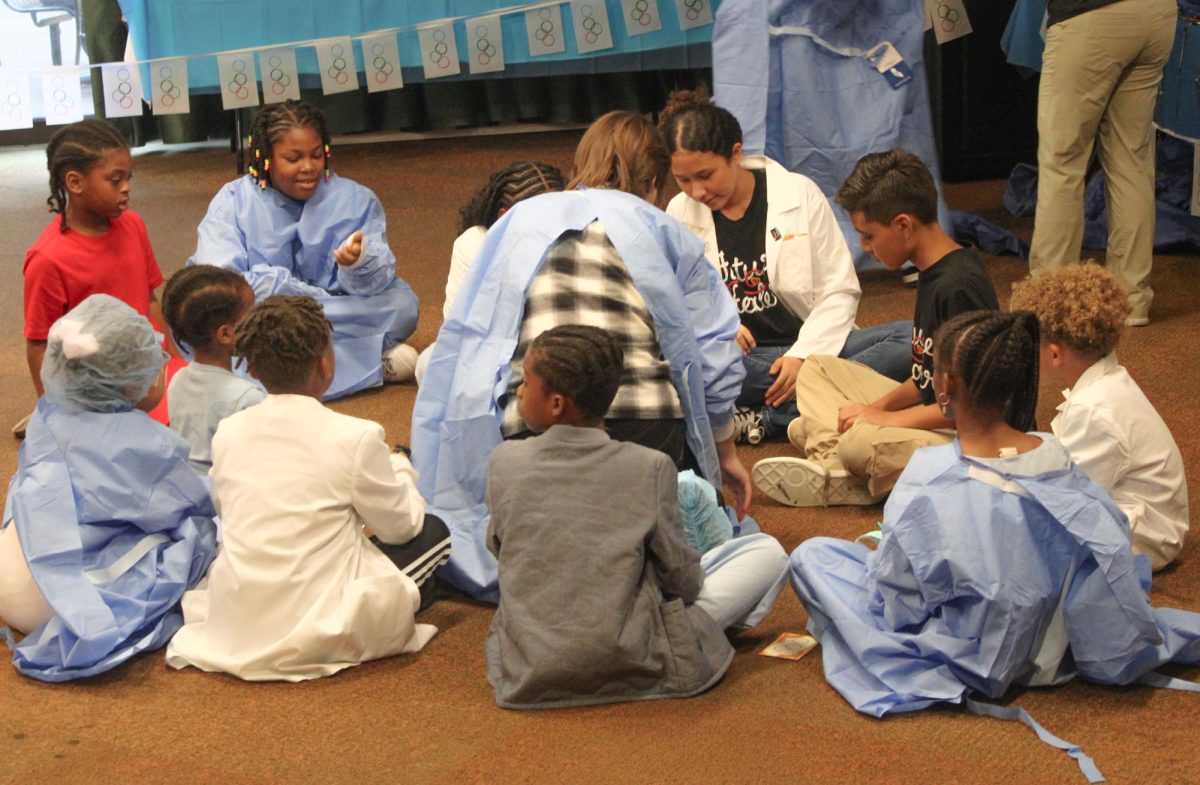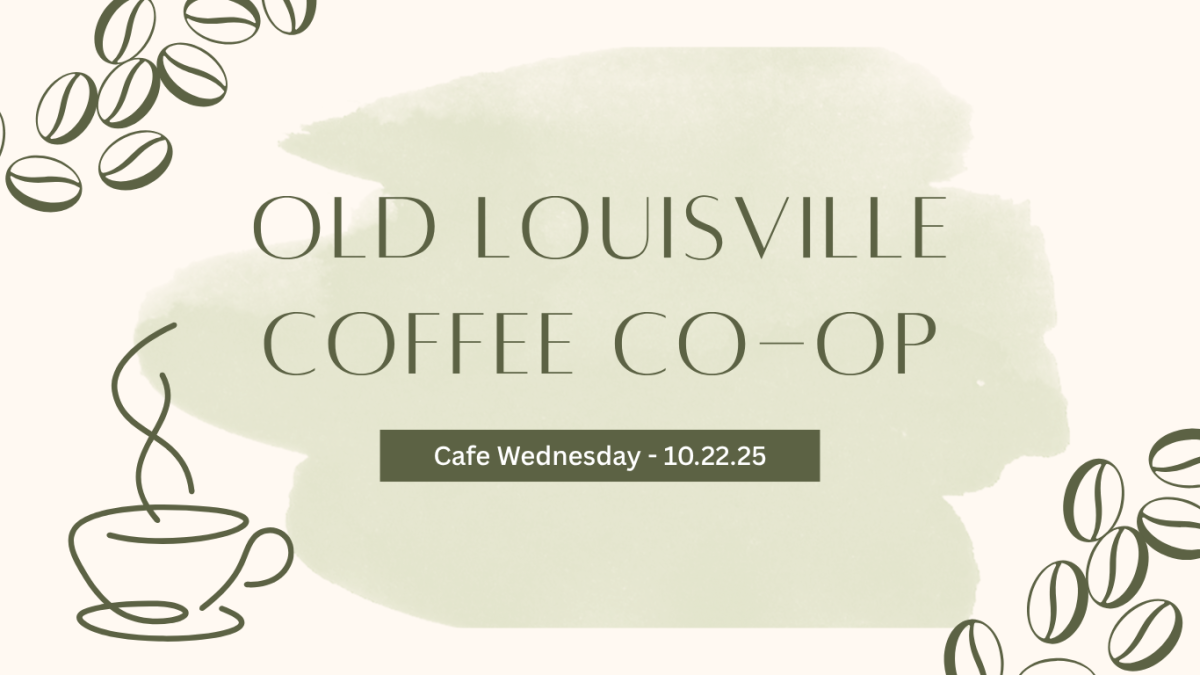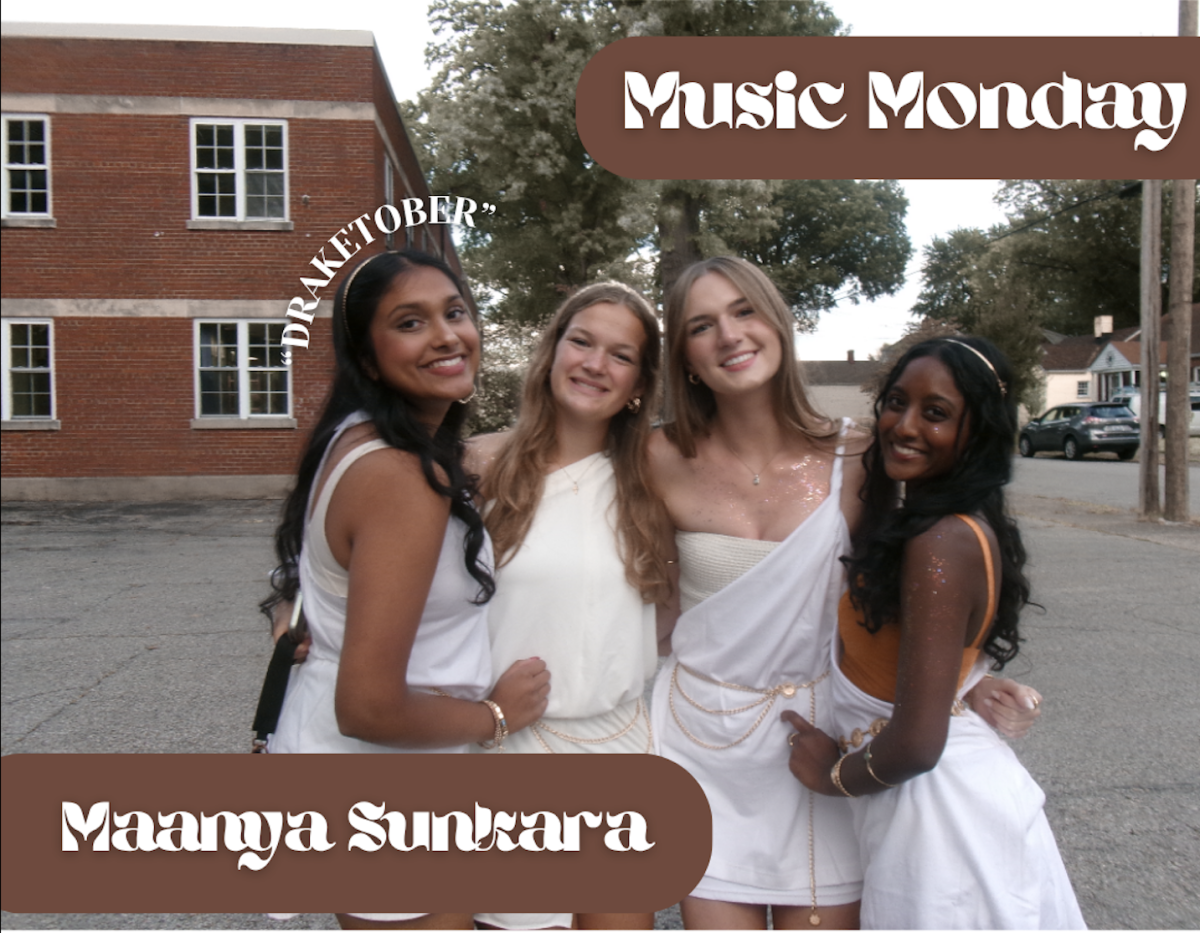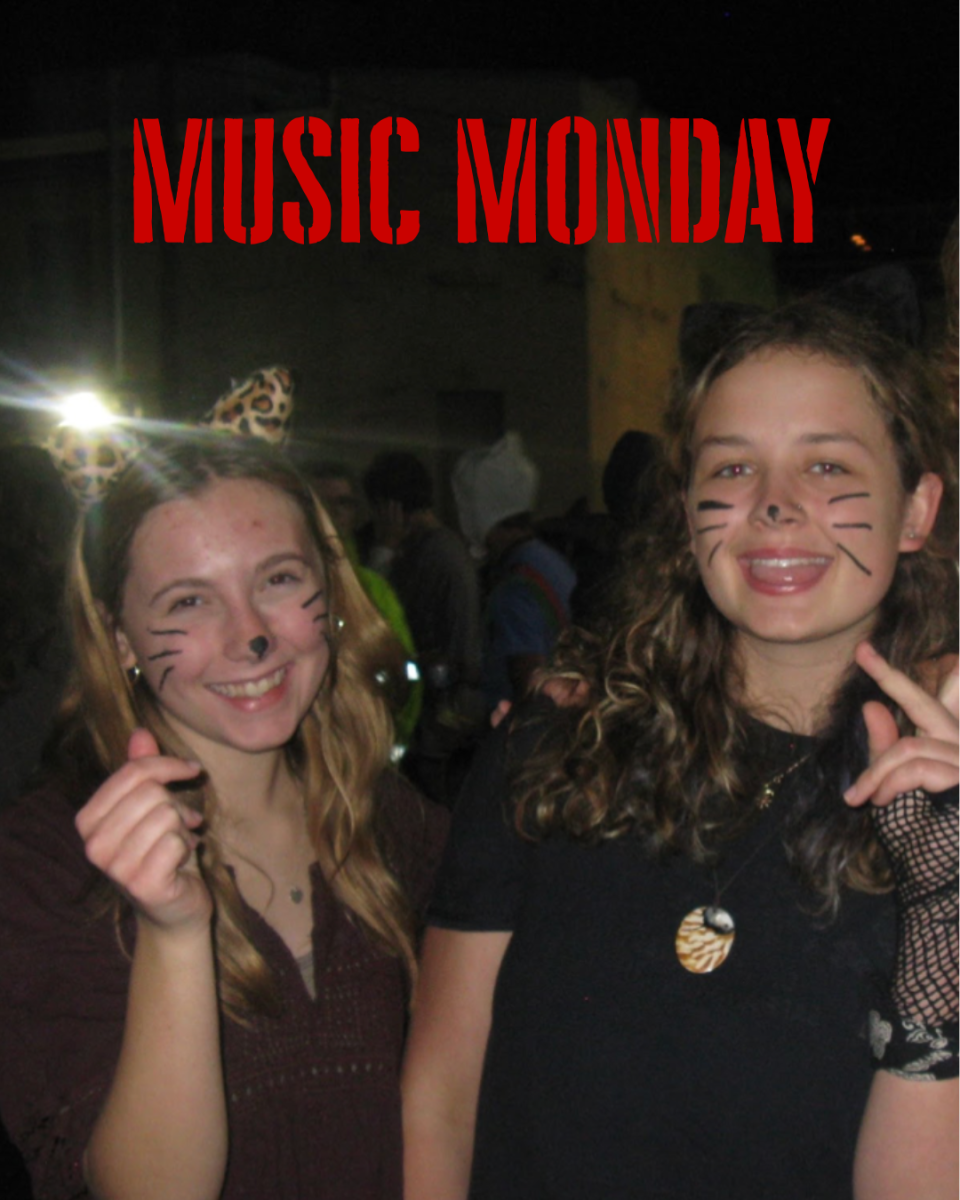It was just another Saturday in Georgetown, Indiana. Middle-aged men and women filed into a run-down Pizza King, ready to eat and listen to the night’s entertainment.
Miles Bickers, a 16-year-old Atherton High School sophomore, sat with his guitar case propped between his legs for the slow 45 minute drive from Fern Creek over the Lincoln Bridge into Indiana. He was eager to arrive at the small gig to begin his first real performance.
The first of many, he hoped.
Louisville’s country music scene is very important to Bickers.
“I don’t think if I grew up anywhere else that there would be such a strong country music influence,” Bickers said.
When most people think of country music, their minds go straight to Nashville, but as a teenager just starting out, Bickers follows a long line of country and country-inspired musical talent in Louisville, along with Freakwater, Bonnie “Prince” Billy, New Grass Revival, and My Morning Jacket, to name a few. Among these famed musicians and groups, we hear everything from the classic bluegrass banjo strums to the modernized and soulful sound of alt-country.
On the more traditional side of country, Johnny Berry is one of Louisville’s most prominent artists. Most people know him as the man who started “Johnny Berry and the Outliers” in 2002, the collaboration of multiple talents into a unique but classic country honky-tonk sound. He has been playing music from a very young age, influenced by his mother and the church hymns of his childhood. For him, music was as natural and necessary as waking up in the morning. After years of sharpening his talents, Berry won the 1999 Society for the Preservation of Bluegrass Music of America entertainer of the year award for his bluegrass music.
As far as Louisville’s country music goes, Berry’s a pretty big name, but Louisville’s other well-known acts take a departure from traditional honky tonk sound. Freakwater and New Grass Revival, for example, are Louisville groups that bring a new twist to traditional country styles.
Freakwater and New Grass Revival hone in on country music’s foundation. Much like the way in which Louisville departs from its traditional Southern roots, Freakwater’s lyrics represent a progressive new country with a newfound sense of morality. New Grass Revival, which was active from 1971 to 1989, fits the description of Kentucky music almost to a tee, with the addition of a techno sound. They’re almost like an Appalachian campfire taken to the big stage.
This nod to a more traditional country music style is also present in the folk sound of Will Oldham, who performs as Bonnie “Prince” Billy. Oldham embodies the traditional independent musician, believing in music as an art form, not a career. Oldham had a shot at life in the spotlight too when Johnny Cash covered his song “I See a Darkness” and he dipped his toe into the movie industry. But he realized he finds comfort in being a musician, not a businessman.
Some of the most notable developments to country music in Louisville arrived during the ‘90s, when Louisville’s music scene began to transition from solely rock ‘n’ roll into something more. The punk rock genre was booming, of course, but country was close behind. Many artists started off playing intense punk rock and gradually shifted into the softer, more laid-back country. Brett Ralph is one of those artists.
“I’m broke down from football and stage diving and all that,” Ralph said. “Country music seems like a genre where you can age gracefully and tell stories.”
As a child, Ralph would save up his allowance to buy records. He spent the majority of his free time in his room, listening to LPs, letting the music take over his thoughts. He dreamed of becoming the next Elton John, his hero.
Ralph began to influence Louisville’s music culture in his teen years, writing aggressive lyrics as a vocalist for punk bands Malignant Growth and Fading Out. He followed the influence of his peers and listened to punk rock. As he matured, his music taste evolved with him and he finally found his love for country music.
While switching to country later in life is a common trend, young country artists are a less common sight in Louisville. Bickers is the exception. Bickers feels he carries the weight of representing all youth to local country music audiences, because breaking into the city’s scene as a teenager just isn’t that common.
“With the music I perform, I attract older folks because I play older music,” Bickers said.
Older audiences also enjoy another type of music whose history can be remembered in centuries, not decades, and it claims a special place in Ralph’s heart. From rolling hills to rickety porches, bluegrass is a mainstay of Kentucky culture. It was derived from Appalachian, Irish, Scottish and African American jazz music and is mostly played with banjos, harmonicas, and string guitars – the Kentucky way.
“Kentucky invented bluegrass and post rock,” Ralph said. “There are probably other genres that we created that nobody caught on to.”
Ralph owns a record store in Louisville called Surface Noise. There he observes the other side of the music industry, connecting the people of Louisville with music from all genres. Inside his store there are hundreds of records representing new and old artists. Some — such as Lester McFarland and Robert Gardiner — go all the way back to the foundation of country music.
McFarland and Gardner met at the Kentucky School for The Blind in 1915. After they were discovered as a duo by a Brunswick talent scout in late 1926, they set out to have their music played on the radio stations in big cities. In 1931, the duo joined the record label Conqueror. After producing multiple hit songs, their recording career ended in 1941 when Sears, Conqueror’s distributor, shut them down. Because the genre was not widely known, their music was perceived as different, and it became very influential to country music duos, resulting in their widespread popularity. This twosome laid the foundation, but the next big boom of country music influence wouldn’t occur for another 50 years.
Sean Garrison was another player from the punk scene in the ‘90s who also felt at home with country. Growing up, music helped distract Garrison from getting into trouble with his wild side. Without music, he says, he would be dead or in jail.
“Music was the best alternative to crime,” Garrison said.
When Garrison was younger, he heard country-rock crossovers often on the radio. What really inspired him was the solo demos of Hank Williams Sr., which consisted mostly of storytelling and personal experiences. The music was unlike anything he had ever heard and struck a special note with Garrison. Because of his love for both country and punk rock, Garrison began to play alt-country, a loosely defined subgenre of country with integration from other genres such as pop and alternative rock. Garrison went on to perform solo and with a band, often writing gritty, sad songs like “The Tempest,” which evoke Johnny Cash’s darker lyrics, referencing death and revenge. The song speaks of decades of life experiences that have only just begun for young country musicians like Bickers.
Back at the pizza parlor, sweat slid down Bicker’s face to the floor as he stepped to the beat of the music. His fingers ached as he strummed his wooden guitar. The room was dark, but not too dark that he couldn’t see the crowd of people swaying in unison. He had grabbed their attention with his resounding voice as it echoed throughout the Pizza King. His nerves vanished when he realized the audience seemed to enjoy his sound. The honky tonk style Bickers performed was exactly what the crowd came to hear. As his last song of the evening began to slow to an end, the crowd followed the beat. Finally, the strumming of the guitar became a few string plucks, and then silence as Bickers finished his first performance. The crowd applauded. Whistles pierced through the humid room to show true appreciation for Bickers talent. He was met with nods and toothy grins, which only further convinced Bickers that he had done a solid job.
His first performance was a success, but possibly not his biggest victory. Balancing a social life, school, band, and performing is a continuous accomplishment. He says it can get difficult: not just being in a band and in school, but being a country music performer. It’s all worth it to Bickers, who’s just happy to contribute to the city’s intricate music scene.«


